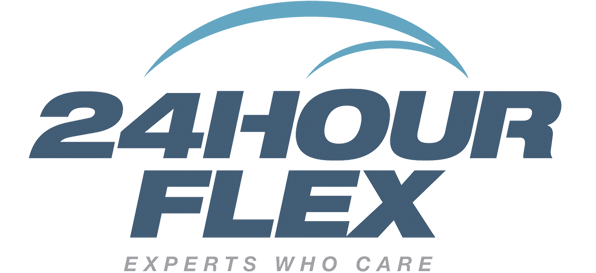 The Internal Revenue Service (IRS) and the Department of Labor (DOL) recently issued guidance for a few outstanding issues related to the Affordable Care Act (ACA) and its impact on certain employer sponsored benefit plans. Notice 2013-54 (IRS version, DOL version) outlined three key changes employers need to be aware of as 2014 quickly approaches that impact FSAs, HRAs, and individual insurance premium reimbursement accounts.
The Internal Revenue Service (IRS) and the Department of Labor (DOL) recently issued guidance for a few outstanding issues related to the Affordable Care Act (ACA) and its impact on certain employer sponsored benefit plans. Notice 2013-54 (IRS version, DOL version) outlined three key changes employers need to be aware of as 2014 quickly approaches that impact FSAs, HRAs, and individual insurance premium reimbursement accounts.
1) Employers cannot contribute more than $500, or match more than 100% of employee contributions, to employee Flexible Spending Accounts (FSAs) and must offer other group health insurance in order keep their FSA in 2014. The IRS and DOL stated that FSAs must meet the definition of an excepted benefit in order to avoid the ACA provisions , such as the annual limit prohibition, that would disqualify them. To be an excepted benefit, employers cannot contribute more than $500, or an 100% match of employee contributions, to each employee's FSA for the plan year.
Action Items
-
If your plan is currently contributing more than will be allowed in 2014 you can a) reduce the employer contribution to the lessor of $500 or an 100% match of what employees are contributing, or b) divert the employer contributions into an HRA, assuming the HRA meets the criteria to be considered integrated with a group health plan.
-
If your plan currently offers an FSA to employees who are not eligible for your other group health plan(s) (for example, part time employees), you will need to change the FSA eligibility to mimic the group health plan eligibility.
2) Health Reimbursement Accounts (HRAs) must be integrated with a group health plan but may have a different plan sponsor and/or plan document. Previous guidance was not clear if an HRA had to be integrated with a group health plan at the same employer. Some employers offered HRAs to employees who obtained group health coverage under another employer’s plan (spousal coverage). This latest guidance clarified that integration with a group health plan can occur even if one employer offers the HRA and another employer offers the group health plan. For example, Acme Company may offer an HRA to employees who maintain group health coverage at another employer (often times a spouse's plan).
Action Item
-
Review eligibility conditions of your HRA
3) Individual insurance premium reimbursement accounts are no longer allowed under a Section 125 Plan. Prior to the ACA, employers were allowed to offer a reimbursement account to employees where individual insurance premiums could be paid for with pre-tax dollars through a section 125 plan. The guidance issued by the IRS and DOL makes it clear that employers cannot reimburse employees on a pre-tax basis for individual policies purchased from a state marketplace, the national marketplace, or any private insurance marketplace. Employers are still allowed to run employer sponsored group health benefits through their Section 125 plans on a pre-tax basis.
Action Item
-
If you currently offer an outside individual insurance premium reimbursement account talk with your benefits advisor about removing this plan provision in 2014.
This post is not an exhaustive explanation of 2013-54 and only highlights a portion of the guidance issued. 24HourFlex will continue to keep you updated as new guidance is provided from the various government agencies about the effects of the ACA on your employee benefit plans. If you have specific questions feel free to ask questions in the comments below or contact us directly.
If you are an employer or HR representative and would like to attend our seminar covering DOMA, privacy and other health reform topics, click on the button below to register.

